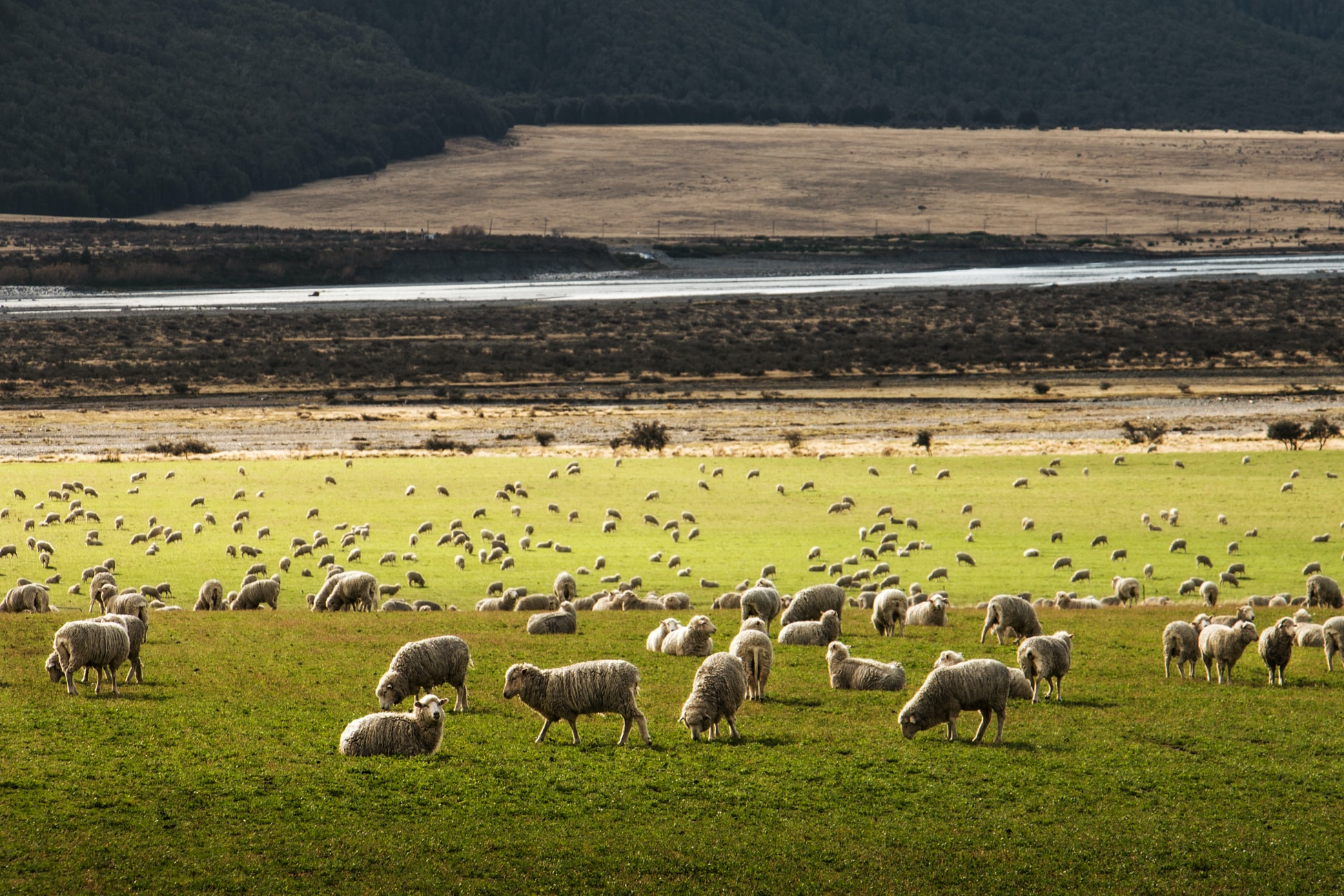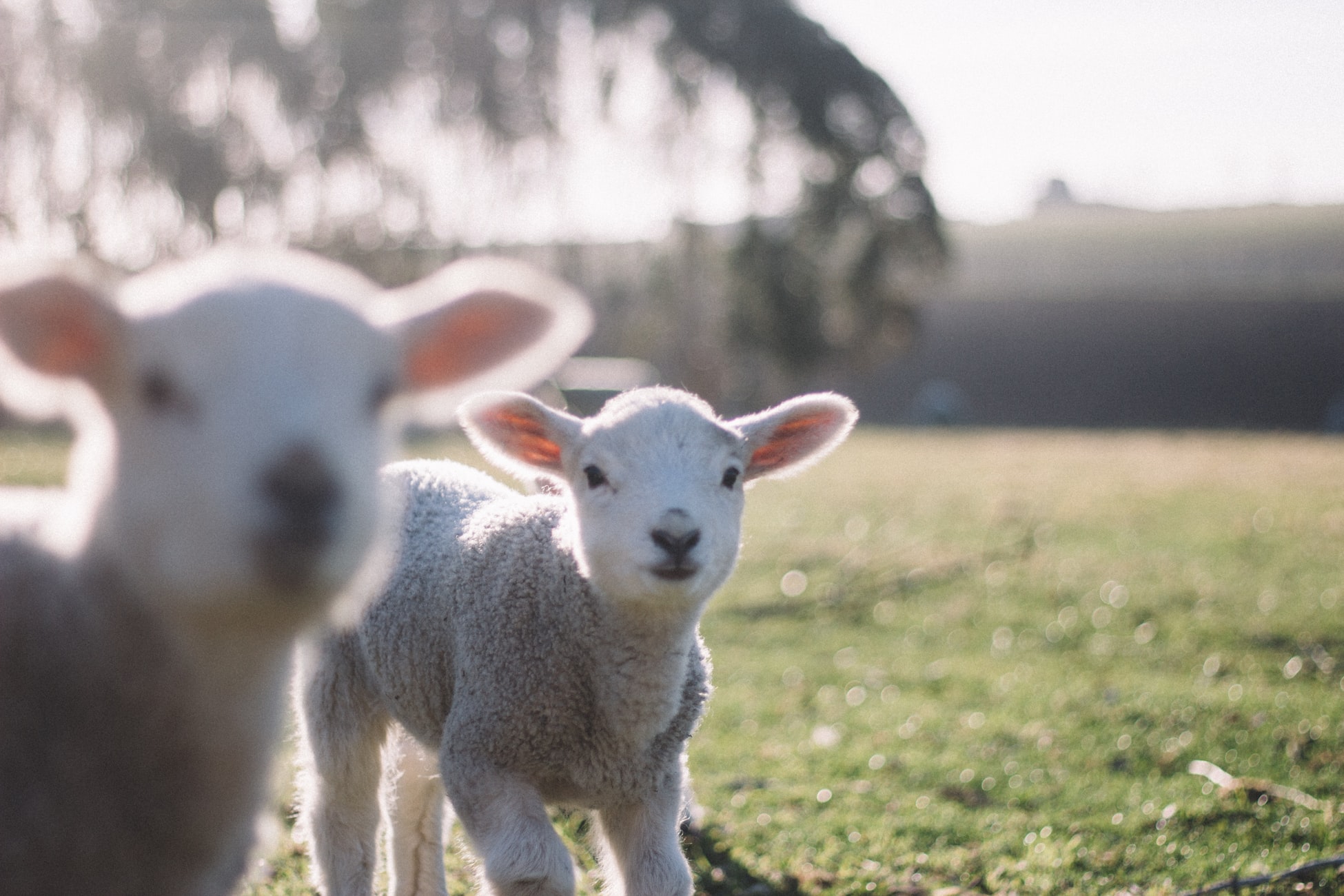
- Sustainable Planet -
- 5mins -
- 970 views
New Zealand schools now teach children how to replace dairy and meat
The government of New Zealand has implemented a new curriculum in secondary schools that advises students to eat less meat and dairy in order to combat climate change.
New Zealand’s new school climate-change curriculum irks farmers
New Zealand has implemented a new climate change curriculum in schools that advises pupils to avoid consuming dairy and meat. However, this curriculum has been heavily criticised by the farming community in New Zealand, with agricultural commodities accounting for 60% of the country’s exports.

New Zealand schools now teaching students to eat less meat and dairy to combat climate change
The new curriculum launched in January uses research to show secondary school students how climate change impacts the planet, reported LiveKindly
It also teaches students how consuming meat and dairy products can increase global temperatures. According to data from the Food and Agriculture Organization of the UN, animal agriculture is responsible for 14.5% of all global greenhouse gas emissions (GHGs).
According to New Zealand’s Ministry for the Environment, the country’s gross GHGs have increased by 24% from 1990 to 2018. In 2018, New Zealand emitted 78.9 million tons of carbon dioxide equivalent. The Ministry states that the agriculture sector was one of the largest contributors of the country’s GHGs, representing 48% of total emissions. The energy sector came in second, emitting 41% of emissions, according to Reuters.
The animal agriculture industry is one of the leading causes of the climate crisis. In September 2018, the UN Environment Programme called meat the “world’s most urgent problem.”
New Zealand Prime Minister Jacinda Ardern apparently agreed. Earlier this year, she launched sweeping reforms to tackle climate change earlier this year. These included plans to make the country carbon neutral by 2050 and emission targets for the agriculture sector.
In order to help combat global warming, New Zealand’s secondary school systems are encouraging students to have meatless days. They want students to consume more plant-based foods. The new course also points to recycling, driving less, and buying secondhand or used products as additional ways to reduce the country’s greenhouse gas emissions.
Source: LiveKindly.co

Some politicians say it’s important for children to learn how climate change will impact them
A recent study from the University of Otago revealed a population-wide shift to a plant-based diet may reduce New Zealand’s greenhouse gas emissions by as much as 42%.
According to lead researcher Jono Drew, animal agriculture is harmful to human health, too.
“International research has highlighted the climate and health co-benefits that arise from consuming a diet that is rich in plant foods like vegetables, fruits, whole grains, and legumes,” Drew told New Food Magazine.
But many meat and dairy farmers have not been receptive to the new curriculum. “If they are going to continue to bite the hand that feeds them, and farming feeds New Zealand, then they are going to lose out in the long term,” Malcolm Lumsden, a New Zealand dairy farmer, told Reuters.
Some politicians are welcoming the new educational resources. They say it’s important for children to learn how climate change will impact them when they are adults.
“Every year they have been alive has been one of the hottest on record and they expect us to act,” Climate Change Minister James Shaw said in a statement after the curriculum’s launch.
Source: LiveKindly

New Zealand’s farmers feel targeted by new course and say the message is unfair
Farmers say they feel targeted by the new course, adding to frustrations over a centre-left coalition government push for them to reduce carbon emissions and clean up waterways, part of a plan for the country to be carbon neutral by 2050 — report Reuters
Launched in January and aimed at secondary school students in a country that celebrates its 100% pure image, the course is based on material from leading science agencies and explains the impact of climate change and how students can contribute.
It points to intensive agriculture as one cause of greenhouse gases and includes advice to eat less dairy and meat, have meatless days each week, eat more fruit and vegetables, drive less, recycle and buy second hand when possible.
However, some farmers say the message is unfair.
“If they are going to continue to bite the hand that feeds them, and farming feeds New Zealand, then they are going to lose out in the long term,” said dairy farmer Malcolm Lumsden from the country’s northern Waikato region.
Agricultural goods make up more than 60% of New Zealand’s exports, with demand for its grass-fed dairy and meat products soaring in the past decade, especially from China.
Tim van de Molen, a parliamentarian with the opposition National Party, said he has no problem with climate change being taught in schools, but the issue goes beyond farming.
“What we are seeing currently around proposals where people should be looking to have Meatless Mondays or that dairy farming is terrible for the climate, those sorts of things are very opinionated and don’t have a clear scientific basis,” he said.
“It’s clear that farming has an impact on the climate — so does everything, and so that’s where we need to be very clear.”
However, Green party member Lourdes Vano said she believed climate change represented a gap in the education system, and including it in the curriculum could also help reduce “climate anxiety”.
The course is not compulsory and the education ministry has asked schools to consult with parents and the community before including it.
Source: Reuters
Related: FOCUS ON WHAT YOU EAT—NOT WHETHER YOUR FOOD IS LOCAL—IF YOU WANT TO REDUCE YOUR CARBON FOOTPRINT

